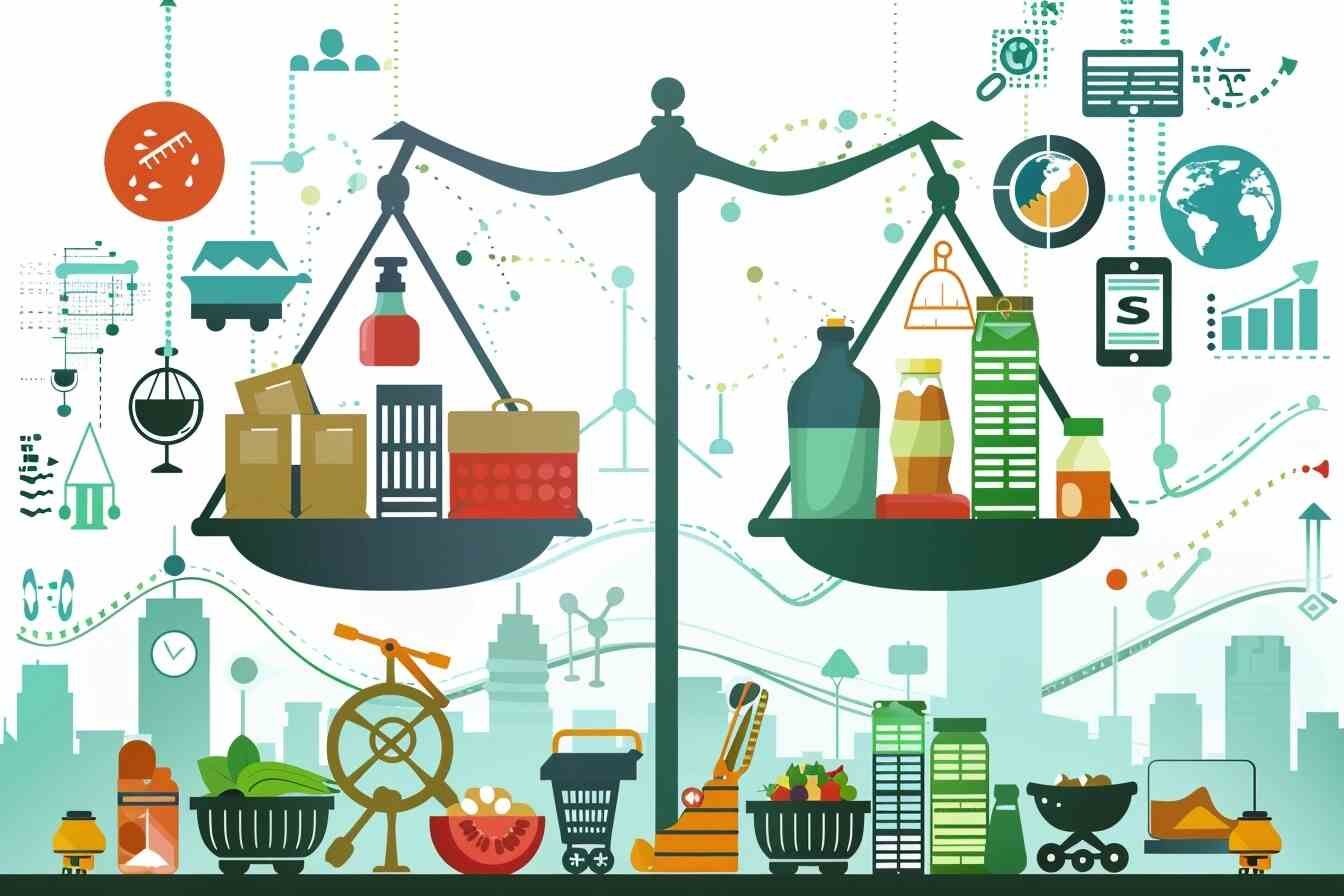The gift economy, an integral part of the circular economy?
The gift economy or gift economy is a social theory in which goods and services are given without an explicit quid pro quo (an exchange of goods or services) agreement. That is to say that our actions are not based on interest or vanity (“so that my neighbor does not lack for anything” or “so that what we do today will be remembered tomorrow”). The gift economy occurs in cultures or subcultures where social or intangible rewards are already expected, such as karma , honor, loyalty or any other form of gratitude. In some cases, simultaneous or recurring gifts cause gratitude to circulate around the community, which can be seen as a form of reciprocal altruism. In some cases this gratitude is expected to return in goods or services of equal value, giving political support, or a gift to a third party. however, the true spirit of the gift economy is considered to be the opposite: giving without expecting anything in return.
Circular economy is model of production and consumption, which involves sharing, leasing, reusing, repairing, refurbishing and recycling existing materials and products as long as possible.
An economy of gift and reciprocity
Each of the periods of human history has given pride of place to one of the three forms of economy: market economy, economy of deduction and redistribution and, finally, non-monetary and gift economy. At a time of crisis, is it not time to rehabilitate the latter.
Reconciling sustainable development and solidarity
With millions of poor people and millions people weakened by the crisis on the territory, many countries currently facing major supply difficulties. The Covid-19 health crisis has highlighted and reinforced pre-existing and interconnected social, economic and environmental difficulties. These phenomena invite us to rethink the organization of our production and consumption circuits, so that everyone can benefit from both a decent standard of living and respectful of our resources. The transition to a circular economy must therefore reconcile sustainable development and solidarity.
The donation, a lever for reusing existing resources
Nevertheless, the donation should not be considered as an ultimate objective but as a lever for the reuse of existing resources in a logic of transition to a circular economy. The latter aims to transform the model of overproduction of everyday consumer products towards a better regulated and more virtuous production model that no longer generates unsold products. Economic actors must anticipate these developments and organize themselves to pursue their commitments in favor of the fight against precariousness, which are essential for the solidarity sector.
Key steps for a successful donation process
The resources available to companies constitute an essential windfall that can be mobilized for solidarity and circular purposes. While they are increasingly expected on the formalization and implementation of transparent engagement strategies, the reconciliation of these different issues is becoming urgent. A well-structured donation policy is part of this approach and provides a high-impact solution to these challenges. For this, a robust methodology and appropriate support are necessary. This guide presents the key steps for a successful donation process.
Example gift economy
Scientific research works like a gift economy. Scientists publish their research without explicitly expecting other scientific results in return. Nevertheless it increases their reputation; using the results published by another researcher without quoting them, or even worse attributing them to oneself (thus depriving him of his benefit in terms of reputation) are hated behaviors.
Free software community works
The free software community works in a similar ways like Skype, WhatsApp. The exchanges, or rather the provision, of computer programs, videos, or pieces of music via the Internet (peer-to-peer file sharing) or directly from device to device between friends also work, raising in the process a controversy over the contempt for intellectual property when the material exchanged is not free of rights.
The free software community is another example of an information giving economy. Programmers prepare the source code and make it available free of charge, allowing free copying and modification and improvement of the code. Individual programmers are thus more prestigious and respected, and the community as a whole benefits from better software. Often, there is an expectation of feedback, not linked to the code itself, but to services developed around free software.
Non-rivalry of immaterial goods
The television itself is a rival good, but television broadcasts are non-rival goods. Other examples of non-rival goods include a beautiful scenic view, national defense, clean air, street lights, and public safety. More generally, most intellectual property is non-rival.
The non-rivalry of immaterial goods implies a zero marginal cost but does not necessarily imply a gift, nor a de-monetization, that is to say a free sharing of the good. A market and democratic economy, involving a currency and respecting the principle of sharing, is possible if the notion of (scalar) price is transformed into a notion of price-function and that a micro-reimbursement mechanism, via the Internet, ensures the equity of sharing, then called merchant sharing. We can then truly speak of a sharing economy and its monetization makes it possible to approach and facilitate the search for an equitable distribution of the wealth produced in society, without complex legal construction such as that of copyright.
Adoption
In many societies, you can give a child up for adoption , but you cannot sell your child.
Sex
Virtually all sexual activity between adults is also often legal and tolerated, as long as there is no exchange of money involved in the process. If this happens, the act is considered in many societies to be reprehensible or even criminal.
Organ Donation
Organ donation is actively encouraged; however, the sale of organs is almost universally considered a serious crime. Most organ donation systems do not provide any kind of compensation to the donor or his family.
Blood Banks
The blood banking system prevalent in many countries does not give any significant rewards for blood donations. Payments are often considered suspicious or even criminal.
Information
Information is an asset particularly well suited to endowment economies. On the one hand, information can be transmitted and copied at virtually no cost; on the other hand, information is what is called a non-rival good : when you give information, you don’t lose all or part of the information you have (although you can lose certain benefits that could be gained in the market economy from the intellectual property rights).
Internet
The Internet is probably the most successful example of a gift economy applied to information. The vast majority of the millions of existing pages are available for free consultation, without the authors receiving any payment derived from this consultation. Wikipedia is a great example of this concept: the online encyclopedia is free and was built entirely by contributions from thousands of volunteers, and its edition is available to any Internet user who wants to contribute additional information.
Science
Traditional scientific research is also an information-giving economy. Scientists produce articles and offer them to the scientific community through science journals, journals, and conferences. Other scientists freely use and cite the content of these articles in their own work. The more referenced a scientist is, the greater his prestige, which can facilitate obtaining funds and positions, but also benefits the entire scientific community by increasing knowledge.
Families
Small-scale giving economies also exist in most families, with giving of time, money, food, protection and empirical knowledge without any prior negotiation of retribution. In the vast majority of societies, parents support their children at least during childhood (and, in some societies, even after adolescence and adulthood) without the explicit establishment of an obligation to return, but rather an implicit duty to do the same. to the next generation.
Parties
Likewise, parties can be considered as small-scale donation economies, in which food, drinks, accommodation, entertainment, music and space are freely provided by participants, with no direct relationship between what they offer and what they consume.
Political Elites | Who are they? | The elites or the power elite?
Sources: PinterPandai, WhatIs, MasterClass, New World Encyclopedia
Photo credit: nevena_minova via Pixabay



